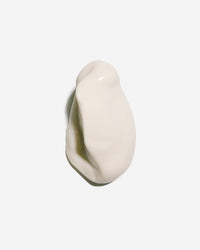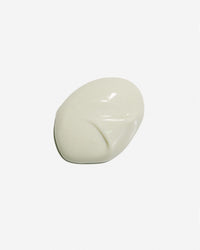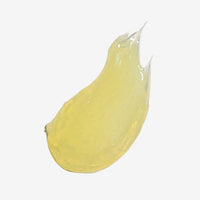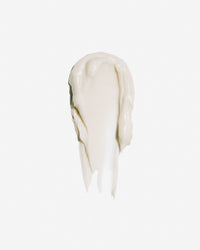Conventional cosmetics: great promises
For several years now, conventional cosmetics have been flooding our magazines and our screens with beautiful promises for our skin. Slogans that still resonate in our heads, feminine ideals passed through Photoshop, almost permanent promotional offers, conventional cosmetics make us believe that a 3.85 euro makeup remover can change our lives. But this makeup remover that promises me a better life, does it take care of me? Is it good for my health? In what conditions is it manufactured? Is its packaging good for the planet? Long blinded by their strong notoriety, industrial brands have prevented us from having this reasoning. We can never say it enough, remember to read the composition of your products, try to decipher the lists to understand what you are putting on your skin ( this article can help you ).
Let's take the example of mineral oil, which is very often found in moisturizers. In conventional cosmetics, they are used as pseudo-moisturizers. They form an occlusive film that prevents natural evaporation called perspiration. This promotes the appearance of comedones and alters the skin's natural hydrolipidic film. Mineral oil is on average 10 times cheaper than a basic vegetable oil. Using only vegetable oils directly impacts the formula cost.
But then, are natural cosmetics really effective?
The answer is yes! (Obviously). In organic cosmetics, each ingredient is sourced with the greatest care to ensure purity and exceptional quality. An organic vegetable oil from the first cold pressing is very well assimilated, its structure is close to that of skin cells. It provides numerous active constituents, fatty acids (omega 3, 6, 9) and phytosterols.
Yes, buying an organic product is more expensive. But behind that price lies a commitment, an expertise, a story. And with that story, a desire to provide consumers with an effective solution to meet their needs. While leading them toward a healthier lifestyle, one that respects people and the environment. Opting for natural cosmetics means choosing to exclude toxic products from your bathroom to protect your health but also nature. What kind of planet are we going to leave our children? Organic farming is a production method that, by definition, respects biodiversity and natural balances.
The alliance of medical expertise and naturalness
At Alaena, our mission is to select cutting-edge natural ingredients, extract them, and maximize their concentration in our products. Each ingredient is then chosen precisely for its recognized performance and affinity with the skin. In particular, vegetable oils and vegetable waxes that serve as excipients. Our extraction methods preserve the natural qualities of the raw materials, vitamins, antioxidants, and essential amino acids. In our products, hyaluronic acid comes from the fermentation of wheat, present in our Anti-Aging Moisturizing Cream . Vitamins and antioxidants are extracted from plants or sprouted seeds such as flax and chia. Our Mango & Avocado Soap is made using a traditional cold saponification method in a workshop in Pau. It preserves all the qualities of the raw materials and produces glycerin naturally, a highly nutritious moisturizing substance. All of our manufacturing is carried out in France, and out of respect for the environment, we favor glass for our packaging.
This is our vision of cosmetics, a real promise of effectiveness and safety.
Article written by Margaux, Alaena team on March 17, 2019




